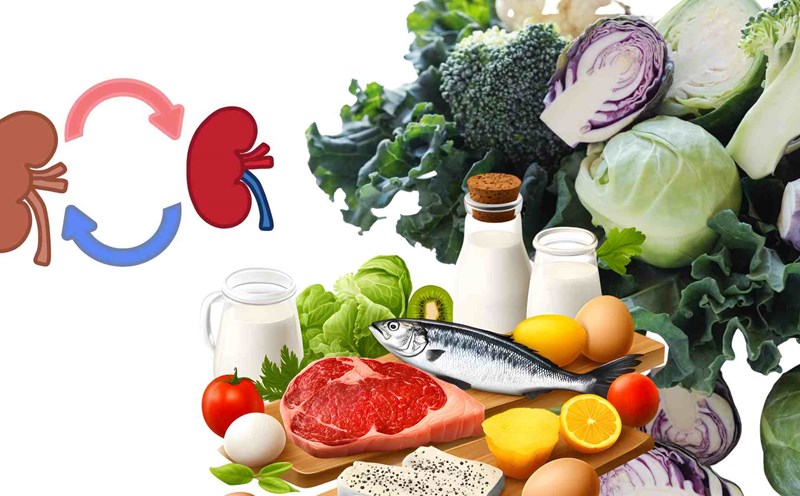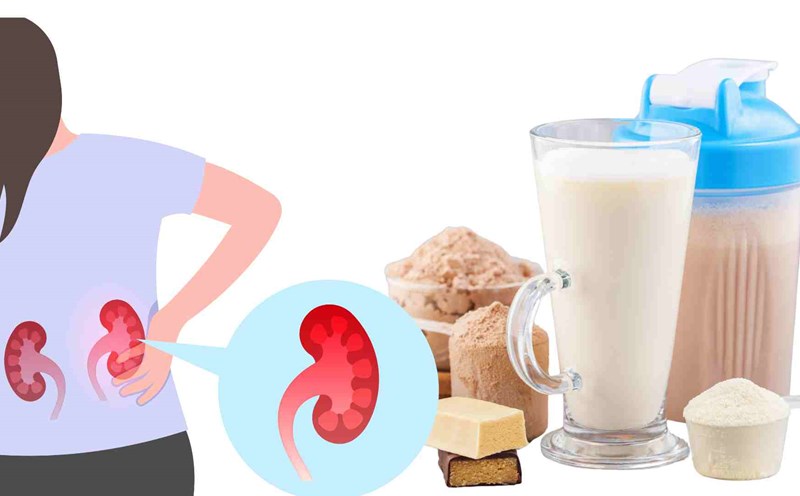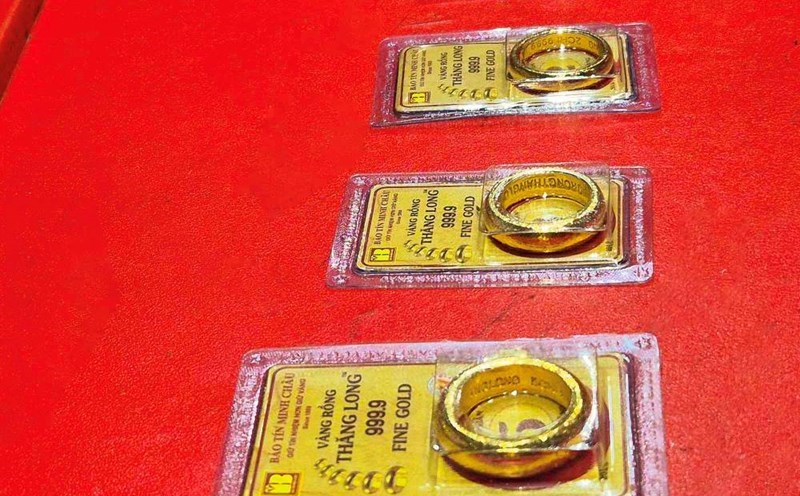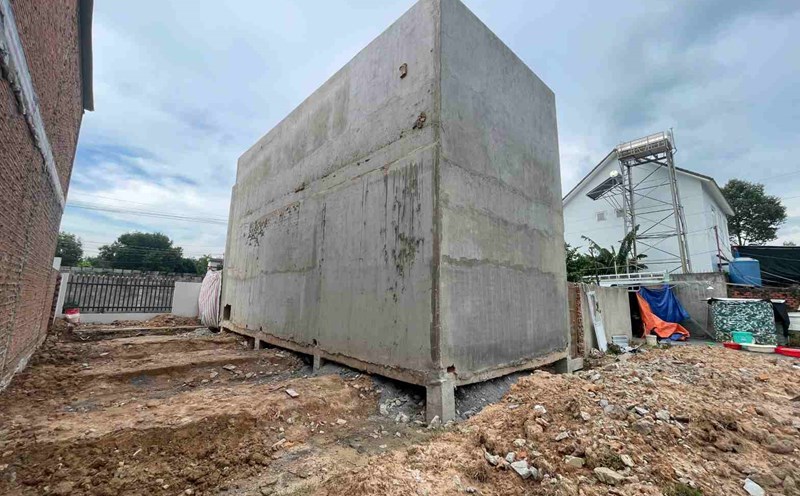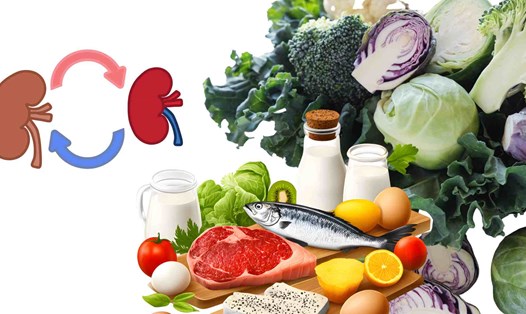Drink less water
kidney stones are often associated with prolonged dehydration. The human body contains 70% water, metabolism and detoxification require a significant amount of water. Drinking too little water increases blood calcium levels, which puts a burden on the kidneys and thickens urine, which can lead to stones.
Eat too many protein-rich foods
People who often eat too much meat, or even consider meat as a dietary supplement, will have increased urine acidity after digestion and protein metabolism. To balance the pH of urine, the body releases alkaline calcium, combined with uric acid, which can form stones in the urinary system.
Adults need 60-80 grams of protein per day, but people who often eat too much are at risk of exceeding this limit. Instead, eat more fruits and vegetables and reduce meat consumption.
Eating too much salt
When high salt levels are excreted in the urine, it also increases calcium secretion, leading to high calcium levels in the urine. Calcium is easily combined with oxalic acid in the urine to form stones. When cooking, steam instead of frying. Avoid salty foods like pickles and sauces.
Eat too many foods high in purines
For example, animal organs, seafood... The product metabolized by purines is uric acid. Excess uric acid can form uric acid stones. It is best not to drink alcohol when eating foods rich in purines. Drink plenty of water to increase purine metabolism and excretion.
Oily diet
Fat can interfere with uric acid metabolism, leading to increased uric acid levels in the blood. Therefore, a diet high in oil can cause kidney stones.

